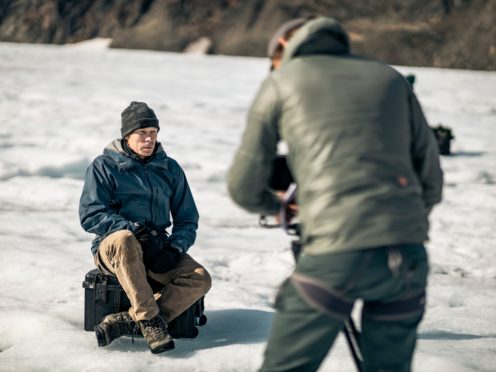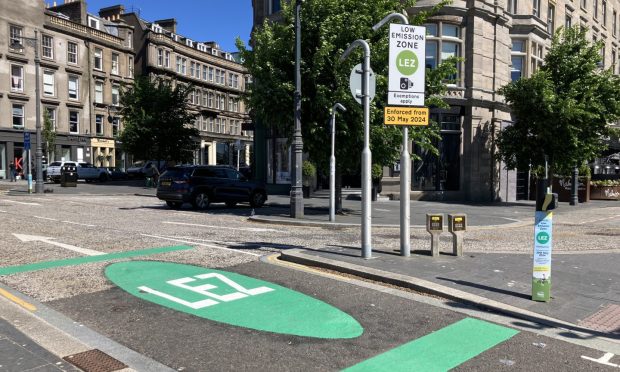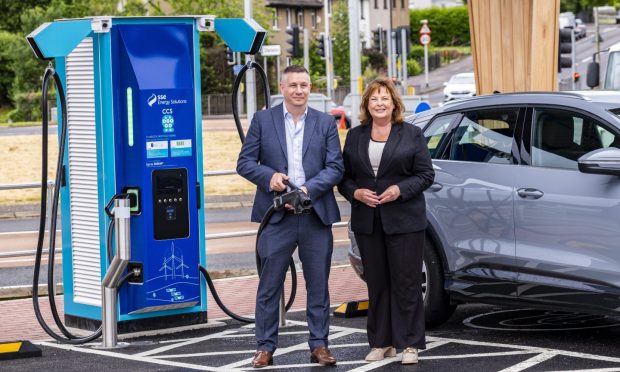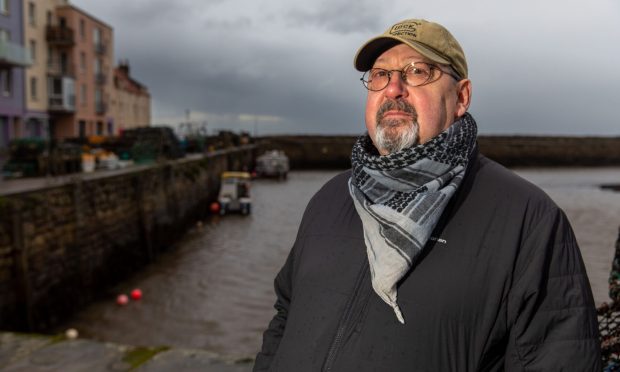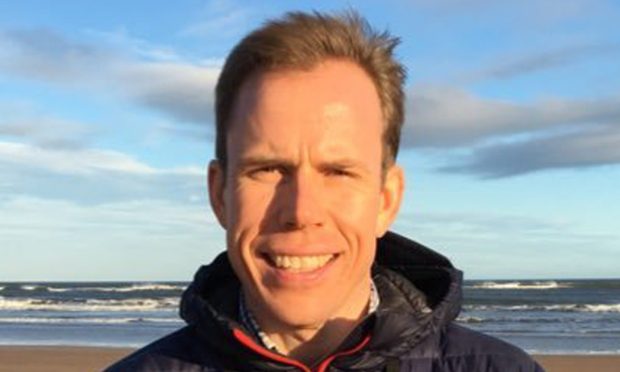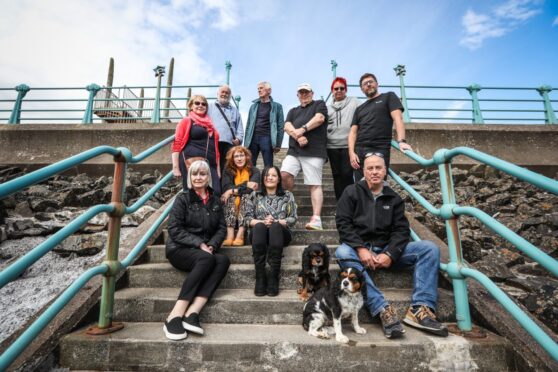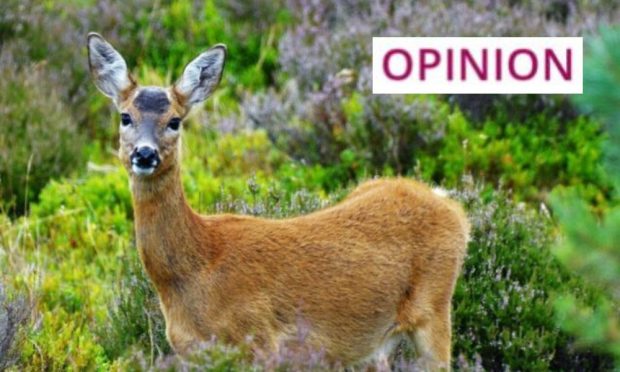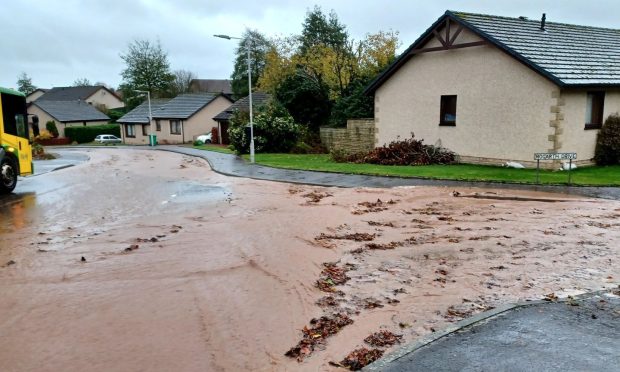The world is in a “mass extinction phase” and the Covid crisis “released the foot from the accelerator” but for the wrong reasons, according to a leading scientist who is the subject of a new Netflix documentary about the environment.
Narrated by Sir David Attenborough, the film Breaking Boundaries: The Science of Our Planet follows world-renowned scientist Professor Johan Rockstrom and the discovery that humanity is pushing earth beyond the boundaries that keep the planet stable.
It details the planetary thresholds that must not be exceeded, including climate change, depletion of the ozone layer, acidification of our oceans and the availability of freshwater, and offers up solutions to protect them, suggesting cutting greenhouse gases to zero, changing the way food is farmed and protecting wetlands, soils, forests and seas.
Prof Rockstrom told the PA news agency: “We are still on this very dangerous path. And even since the idea (for the film) came up, we’ve had two pieces of additional evidence landing, which are, in my mind, so dramatic.
“Number one is that since 1970, we have wiped out 68% of the populations of wildlife on Earth. That means in my lifetime we wiped out two thirds of all wild species on earth.
“We’re basically in this mass extinction phase, which of course threatens so much of our future.
“We’re not on that bending point yet, but we have nothing to celebrate with a pandemic in those terms.
“Yes, we released the foot from the accelerator slightly during the pandemic, but we did it for the wrong reason.

“If we even start giving the least of a hint that the way to save the climate and to save nature is to destroy the economy and kill jobs, then we’ve lost it.”
He added that the reason we are not making progress and continue to destroy the climate and nature is because “we’re still stuck in this old economy, the old economy that is not even delivering health, security, jobs and the future”.
He added: “It’s a complete lose-lose.
“Shifting now towards a sustainable future is the next step towards modernity. It’s a much more attractive, competitive, job-creating, economic, secure, healthy, resilient future, and that’s that, and it’s painful for many, because of course, you have many vested interests along the way.
“But I would argue that we are just we are, you know, that’s why there is this turbulence of the world today, because we’re right in the midst of that transition. And we see it in front of our eyes.”

He continued: “You see all these different alternatives to the old fossil fuel-based, unsustainable linear business models, and you see companies having to redesign very drastically.
“And this documentary comes out exactly at that moment. And my hope is that this documentary, with all other types of effort can be done to translate science to communicable messages, will push this ball even more decisively in the right direction.”
Breaking Boundaries: The Science of Our Planet is streaming on Netflix now.
